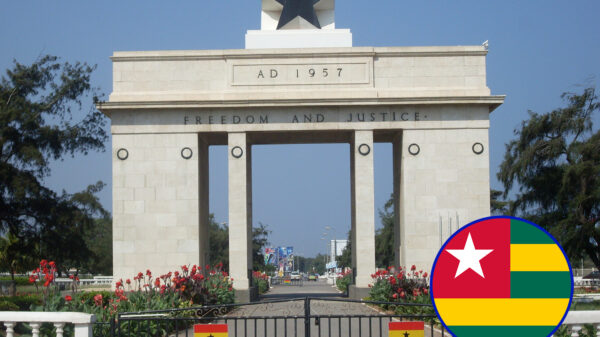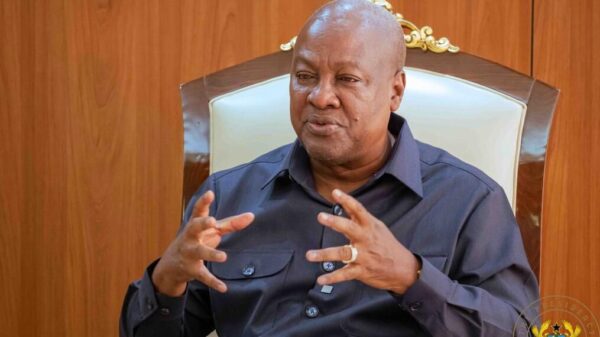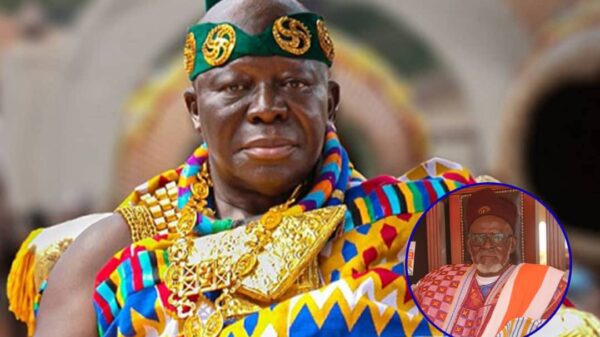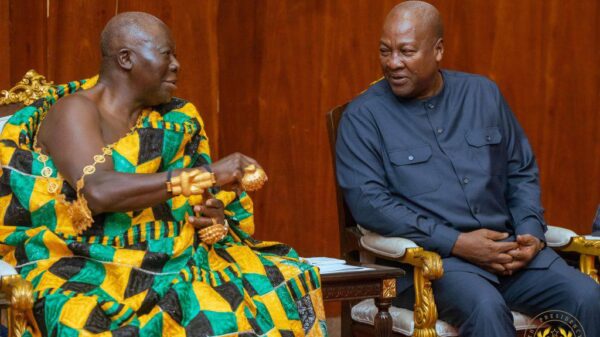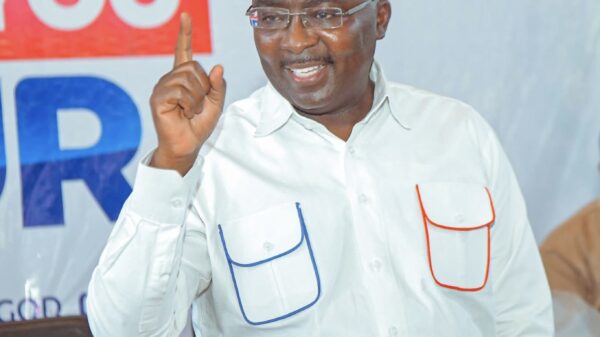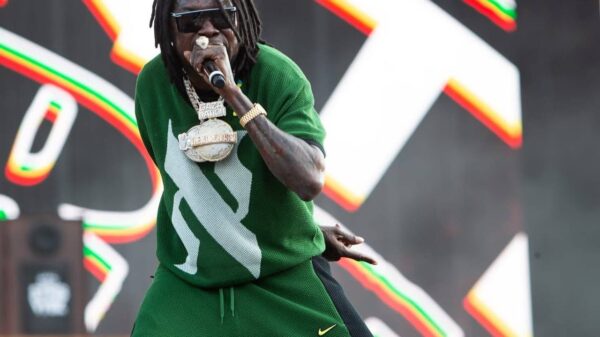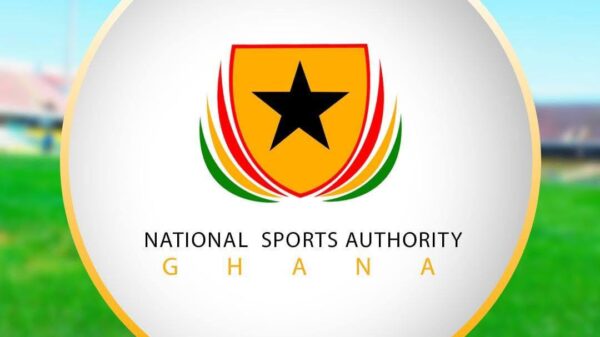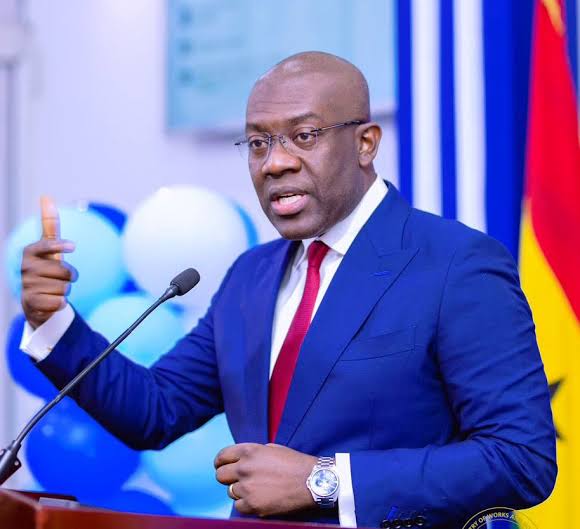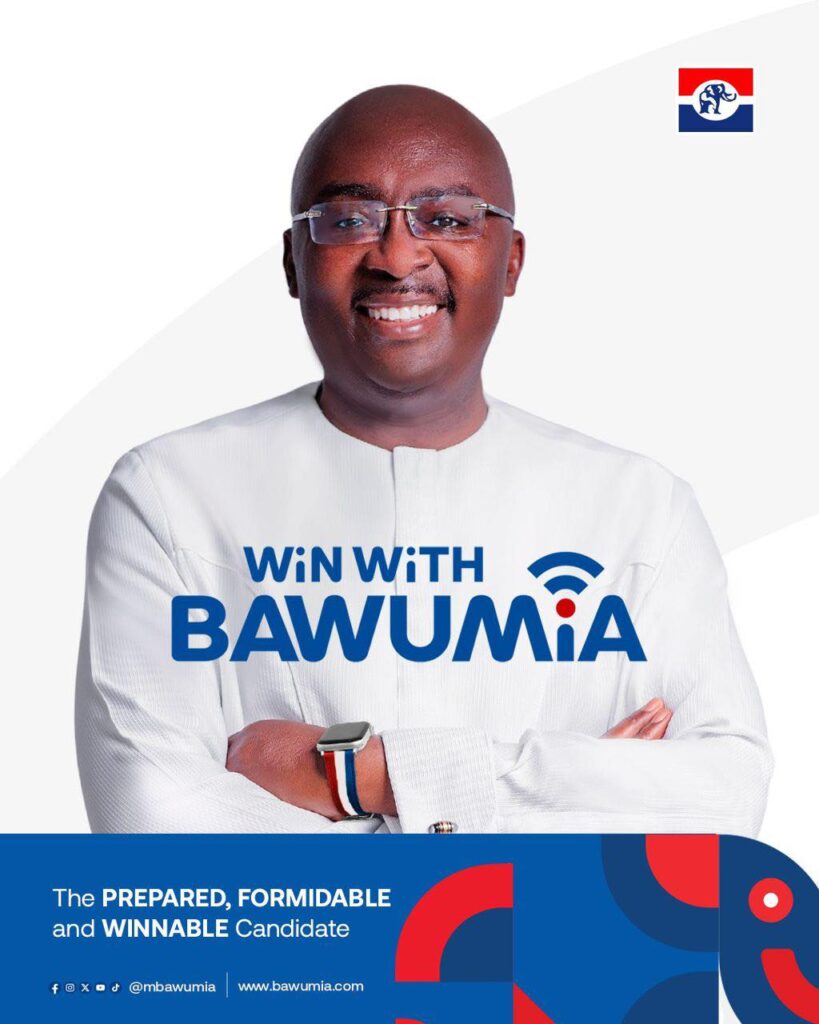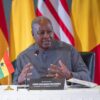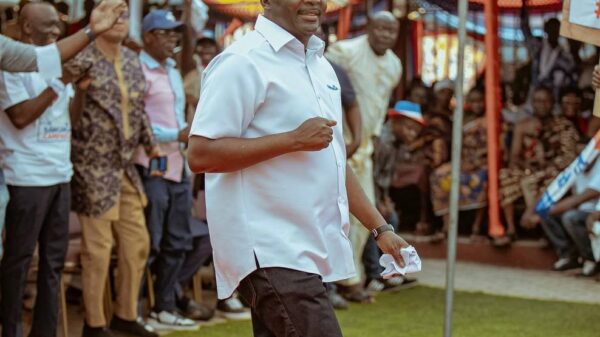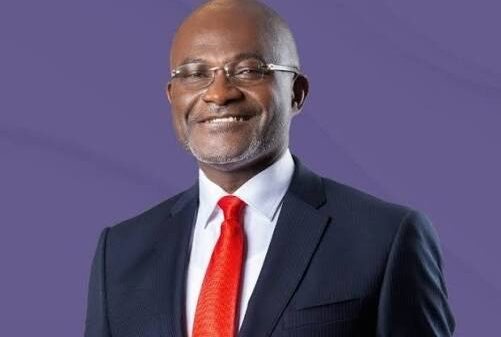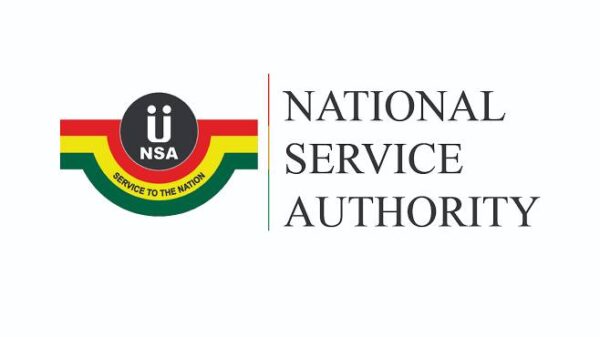The Member of Parliament for Ofoase-Ayirebi, Kojo Oppong Nkrumah, and the Ranking Member of the Economic Development Committee, has launched a blistering attack on the opposition National Democratic Congress (NDC) over the newly introduced GHS1 “Dumsor Levy,” describing it as a “midnight robbery” against Ghanaians.
Addressing the media during a press conference held by the Minority in Parliament on June 9, 2025, Oppong Nkrumah drew sharp comparisons between the controversial Dumsor Levy and the now-repealed Electronic Transaction Levy (E-Levy), which was introduced under the NPP administration.
“Let’s take a moment to compare this Dumsor Levy, the D-Levy, to the E-Levy that was recently repealed,” he began. “You will recall that when the NPP introduced the E-Levy, our then colleagues in opposition bastardised it and told Ghanaians it represented thievery. Theyused the expression ‘pickpocketing’.”
According to Oppong Nkrumah, the E-Levy underwent extensive public consultation, was advertised in the national budget, and was subjected to parliamentary scrutiny. On the contrary, he argued, the Dumsor Levy was quietly passed with no public engagement.
“This Dumsor Levy was smuggled through to avoid any form of public engagement, consultation, or scrutiny. It was neither advertised in the budget nor on the main order paper for the day. And that’s why we say that this amounts to midnight robbery,” he stated emphatically.
He further pointed out the stark difference in the rates of both levies. “The E-Levy had an effective rate of 1% per transaction, yet it was described as pickpocketing. This Dumsor Levy has an effective rate of 8% per transaction. That’s why we call it midnight robbery,” he said.
Oppong Nkrumah also noted that the E-Levy spared the very poor by exempting transactions below GHS100, a measure aimed at protecting vulnerable groups. In contrast, he said the Dumsor Levy has no threshold and disproportionately affects the poor.
“The poor are the most affected, because, unlike the rich, for the poor, every single cedi counts a lot more. And that’s why we say it’s midnight robbery,” he argued.
He further explained that while the E-Levy applied only to voluntary digital transactions, the Dumsor Levy impacts every Ghanaian, whether directly or indirectly.
“This Dumsor Levy is payable by all Ghanaians unless you decide to walk every day,” he remarked sarcastically. “Even if you’re a farmer buying fuel for your tractor, you’ll pay this Dumsor Levy.”
Oppong Nkrumah also warned about the cascading economic impact of the levy, saying it will raise the cost of living across the board.
“While the E-Levy had a limited cascading effect, this Dumsor Levy has a total 100% cascading effect. It affects transportation, and consequently, any item that is transported,food, clothes, whatever, will cost more. Eventually, it will be paid by the everyday Ghanaian,” he cautioned.
The new GHS1 Energy Sector Recovery Levy, unofficially dubbed the “Dumsor Levy,” was introduced by the NDC government as part of efforts to settle legacy energy debts and stabilise the power sector. But the policy has sparked heated debate, with many citizens and opposition figures slamming it as unjust and poorly timed, especially amid existing economic pressures



